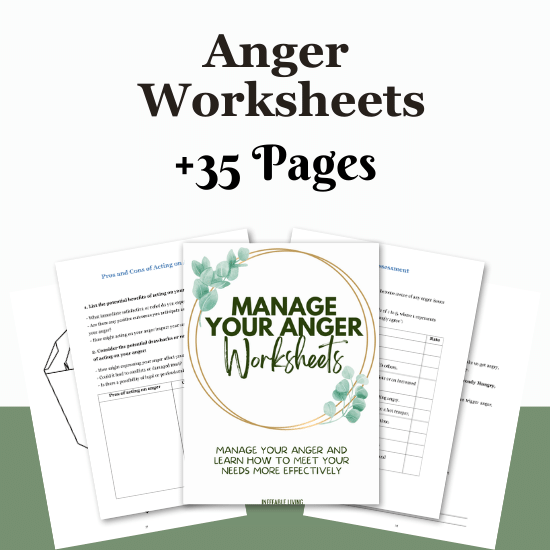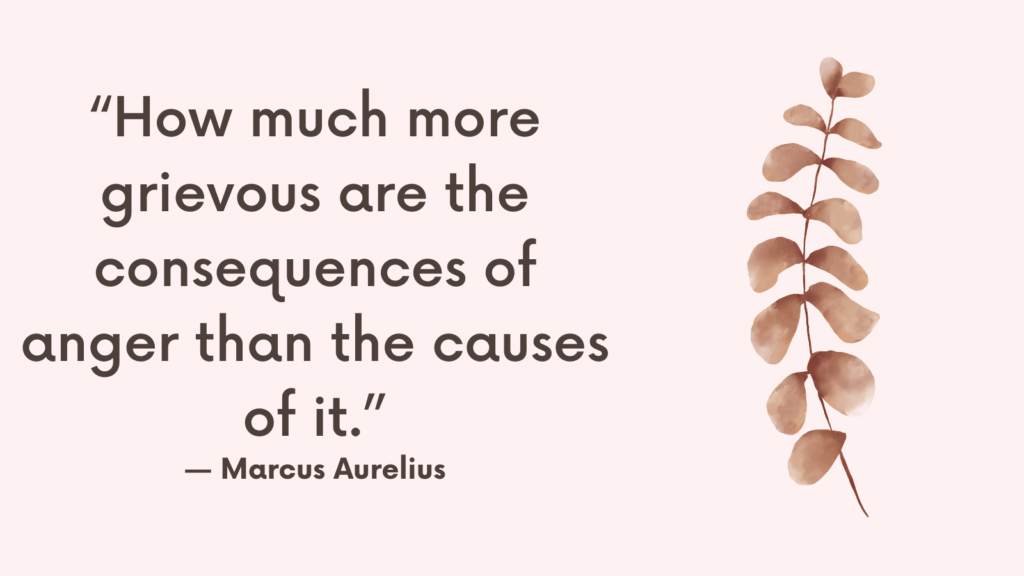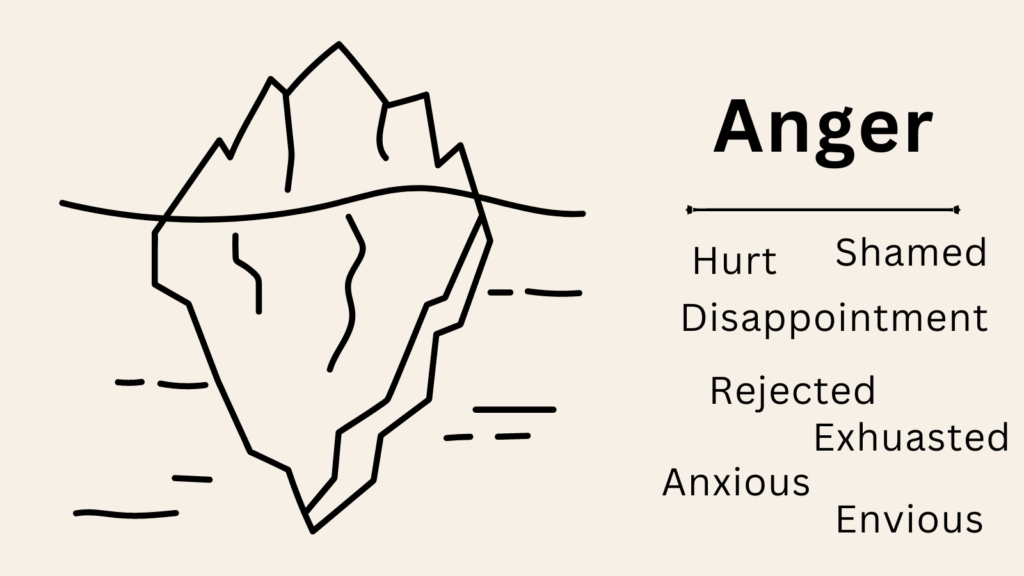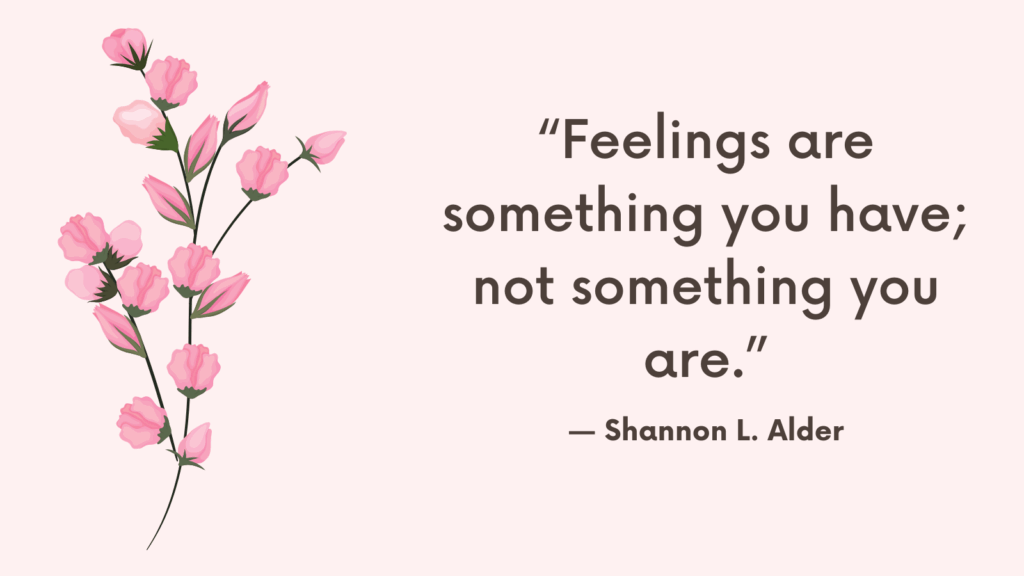Anger is a natural emotion — it signals that something is wrong or unjust. But unmanaged anger can lead to actions and words that hurt you, your relationships, and your peace of mind. Learning to handle anger in healthy ways is essential for emotional growth, especially in recovery. Here’s how to manage your anger without causing harm.
The Purpose of Anger
Anger is often misunderstood as a purely negative emotion, but it serves a vital purpose in human behavior and emotional health. When recognized and channeled appropriately, anger can act as a protective signal, a source of motivation, and a tool for change.
1. Signals That Something Is Wrong
Anger acts as an internal alarm system. It alerts you when your boundaries have been crossed, your needs are unmet, or you’re being treated unfairly. Like physical pain, anger draws attention to emotional injuries that need care or correction.
2. Motivates Action and Change
When processed constructively, anger can push you to take action. It gives energy and drive to speak up, seek justice, set limits, or protect yourself and others. Anger has fueled social movements, personal breakthroughs, and necessary life changes.
3. Helps Define and Defend Boundaries
Anger often surfaces when others disrespect your time, space, or values. It helps you recognize where to draw the line and assert yourself in a healthy way. Without anger, boundary violations might go unnoticed or unchallenged.
Related: Beyond Just Anger: How to Manage Intermittent Explosive Disorder?
4. Validates Your Emotions and Experiences
Feeling anger confirms that your feelings matter and your pain is real. It affirms your right to dignity, safety, and fairness. Acknowledging anger (rather than suppressing it) reinforces self-respect.
5. Encourages Self-Reflection
Repeated or intense anger may point to deeper issues like unresolved trauma, chronic stress, or unmet emotional needs. When explored, anger becomes a doorway to greater self-understanding and healing.
6. Strengthens Inner Resolve
Anger can fortify your willpower to walk away from toxic relationships, end destructive habits, or advocate for yourself. It can help you reclaim your power when you’ve felt helpless or ignored.
Related: How to Master the Pause Before Reacting?
How to Handle Anger Without Hurting Yourself or Others?
1. Recognize Anger Early
Pay attention to physical cues like clenched fists, tight jaw, racing heart, or shallow breathing. These signs often appear before anger turns explosive. The sooner you notice them, the easier it is to respond rather than react.
2. Name What You’re Feeling
Sometimes what feels like anger is actually hurt, fear, shame, or disappointment. Take a moment to identify the true emotion behind your reaction. Naming it gives you clarity and control.
3. Step Away From the Trigger
If you feel overwhelmed, remove yourself from the situation. Go for a walk, take a break, or simply say, “I need a moment.” Physical space helps prevent verbal or physical harm.
4. Use Deep Breathing to Reset
Practice slow, deep breaths — in through the nose, out through the mouth. Even one minute of mindful breathing can calm your nervous system and reduce the intensity of your anger.
5. Express Yourself Safely
Use “I” statements to communicate how you feel without blaming others. For example:
- “I feel frustrated when I’m not heard.”
- “I need some space to cool down.”
This prevents escalation and opens the door to healthier dialogue.
Related: Frustration Intolerance: Understanding It and Building Patience
6. Move Your Body
Physical activity helps release built-up tension. Try walking, running, dancing, or hitting a punching bag — anything that lets your body channel the energy safely.
7. Journal Your Thoughts
Write down what you’re angry about, how it feels, and what you wish could change. Journaling helps you process the emotion privately and clearly, reducing the need for confrontation.
8. Set Healthy Boundaries
Sometimes anger is a sign that your boundaries have been crossed. Learn to say no, speak up for yourself, and protect your time and energy in a respectful way.
9. Practice Forgiveness (for Yourself and Others)
Holding on to resentment only prolongs your pain. You don’t have to forget or excuse harm, but choosing to forgive helps release the emotional burden that fuels anger.
Related: Top 14 CBT Exercise For Anger Management (+FREE Anger Worksheets)

Conclusion
Handling anger is not about never feeling it — it’s about not letting it take control. With practice, you can respond to anger with strength, clarity, and compassion — both for yourself and those around you.



